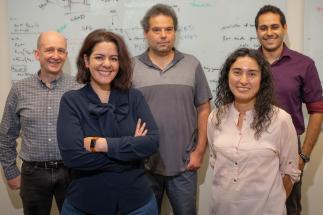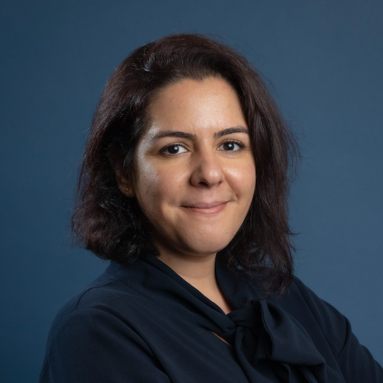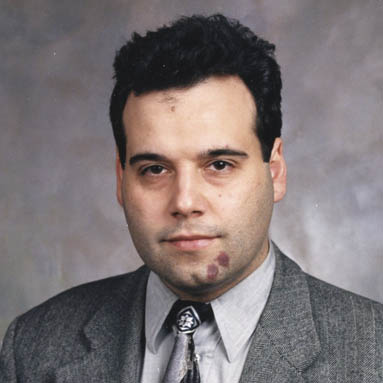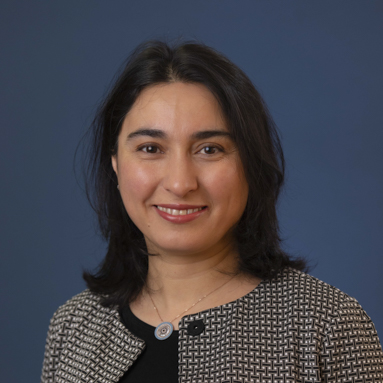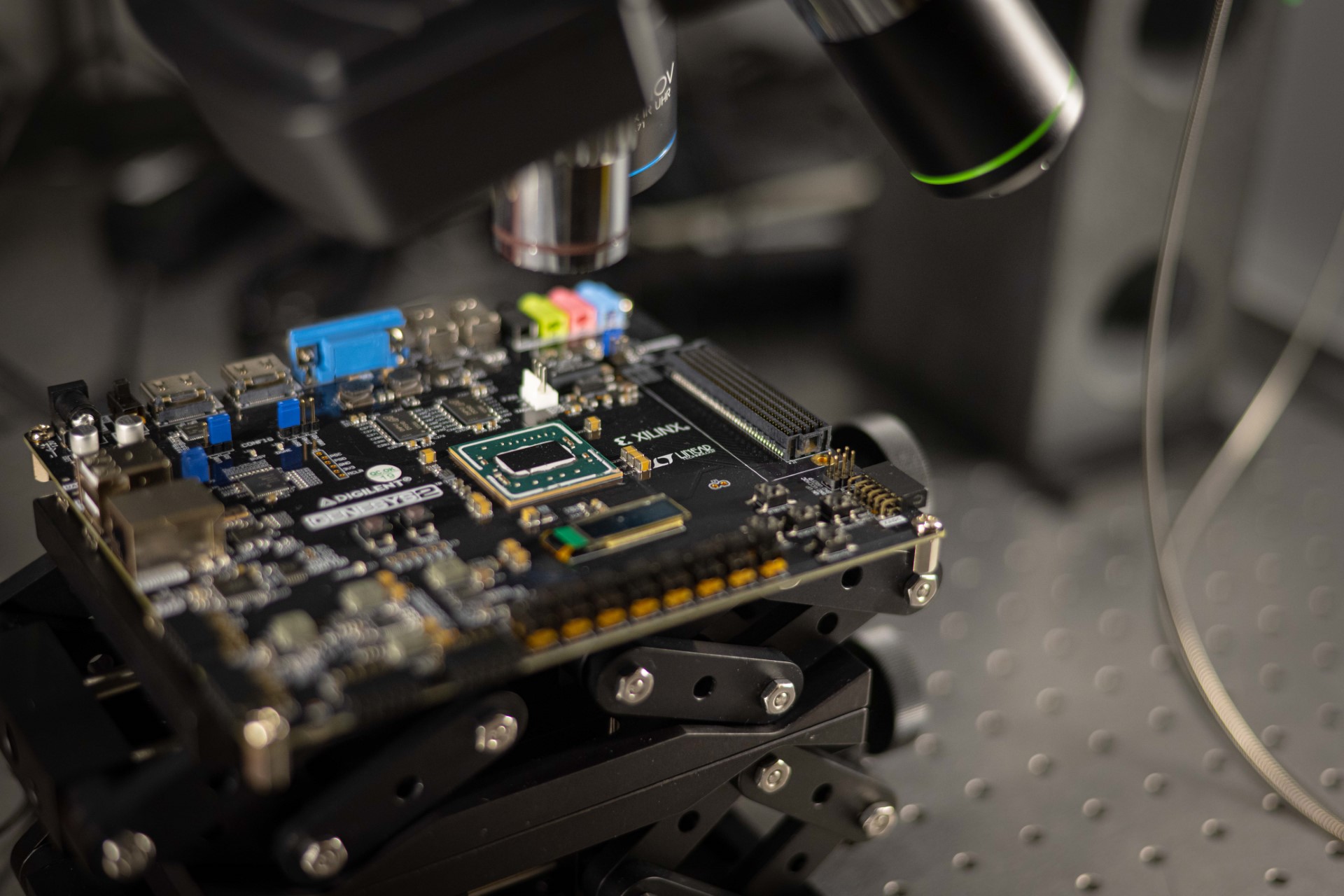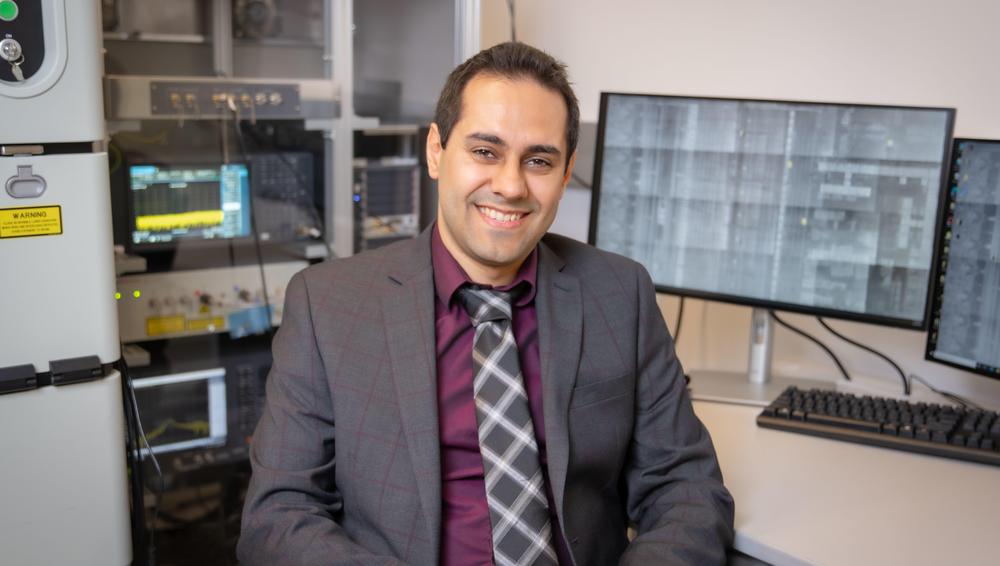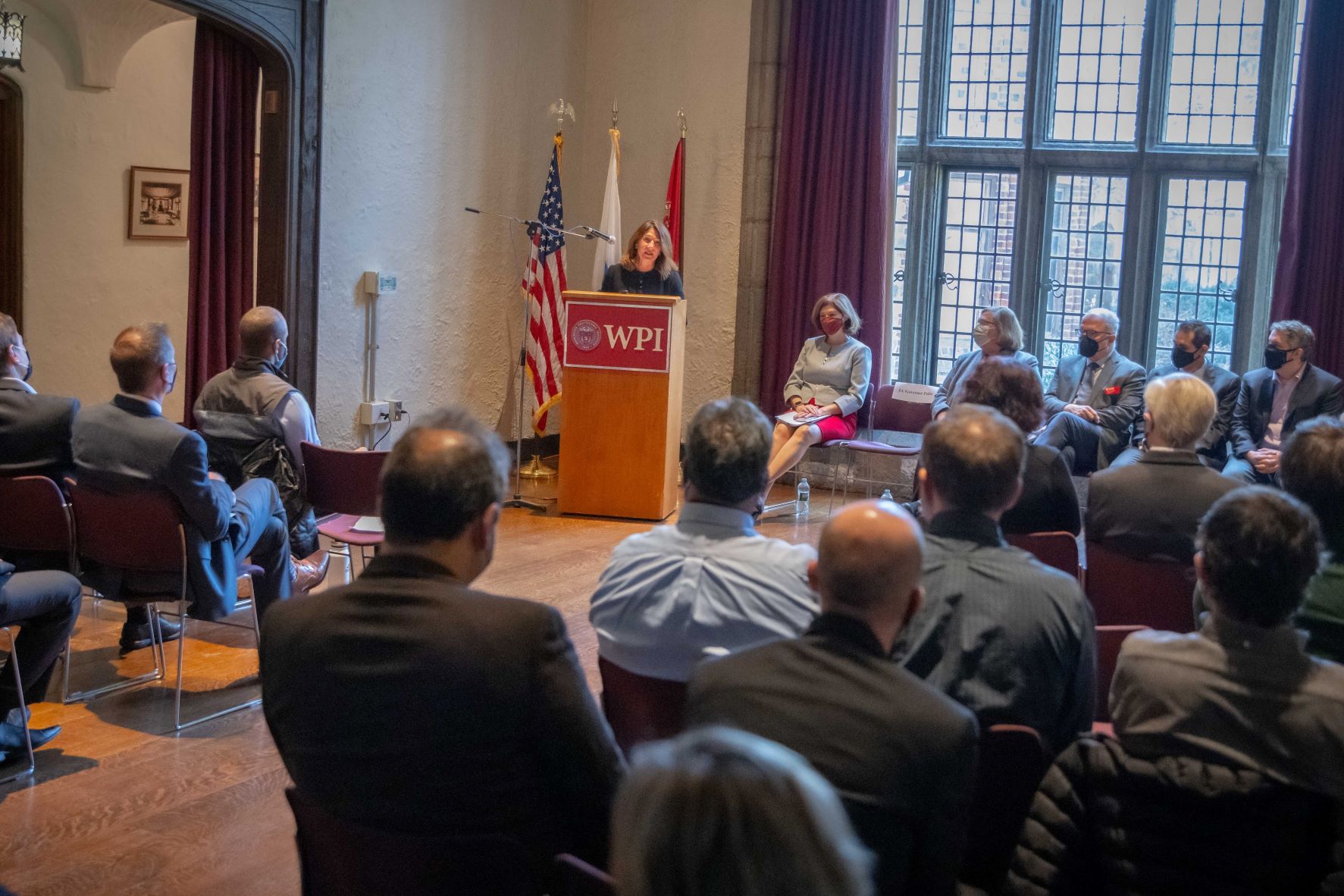Worcester Polytechnic Institute (WPI) researchers led by Fatemeh Ganji have installed on campus a powerful microscope that is the first of its kind in New England and a critical piece of equipment in the development of a research center focused on semiconductor cybersecurity.
Ganji, assistant professor in the Department of Electrical and Computer Engineering, and other WPI researchers will use the new photon emission/laser fault injection microscope for research, teaching, and collaborations with academic and industry researchers as part of a three-year project. These microscopes use infrared light and high magnification lenses to examine semiconductors such as computer chips.
“Some U.S. semiconductor companies with global supply chains rely on foreign makers to produce electronic chips and boards that go into smartphones, computers, satellites, cars, self-driving cars, and more,” Ganji said. “It’s important to ensure the integrity of those devices as they move through supply chains. With this microscope, we can inspect electronic chips at the level of individual transistors, which enables research into how the industry can secure and safeguard semiconductors from malicious tampering, counterfeiting, and physical attacks.”
The microscope and project were funded by a $360,608 National Science Foundation grant.
WPI researchers who are collaborating on Ganji’s project are Assistant Professor Ulkuhan Guler, Professor Patrick Schaumont, Professor Berk Sunar, and Assistant Professor Shahin Tajik, all of the Department of Electrical and Computer Engineering.
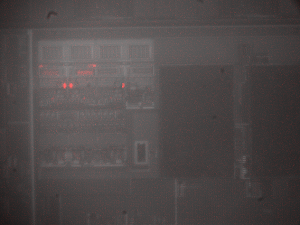
The microscope was installed at WPI’s Vernam Lab as the university develops a new research center focused on the security of semiconductors and hardware that are critical to key innovation industries. WPI has been awarded nearly $1 million by the state to acquire additional equipment for the center.
With a camera that operates at sub-zero temperatures for optimal images, the new microscope can measure the photons emitted by working transistors of electronic chips so that users can analyze the activity of various areas on integrated circuits. Researchers can also use lasers to discover fault-sensitive regions on a chip.
Combined with high-performance computers, the equipment will allow WPI students and faculty to expand research that will improve the security and reliability of semiconductors used in critical industries such as health care, national intelligence, finance, transportation, and defense.
“Traditional methods of examining semiconductors with high resolutions rely on physical probing of the integrated circuits and, in the process, destroy them,” said Tajik. “This new microscope relies on the power of light to reveal what is happening in a device.”
The team has reached out to potential research collaborators through annual industry-academic New England Hardware Security events co-organized by WPI. In addition, the researchers are developing a new WPI course for students who will be working with the microscope.
